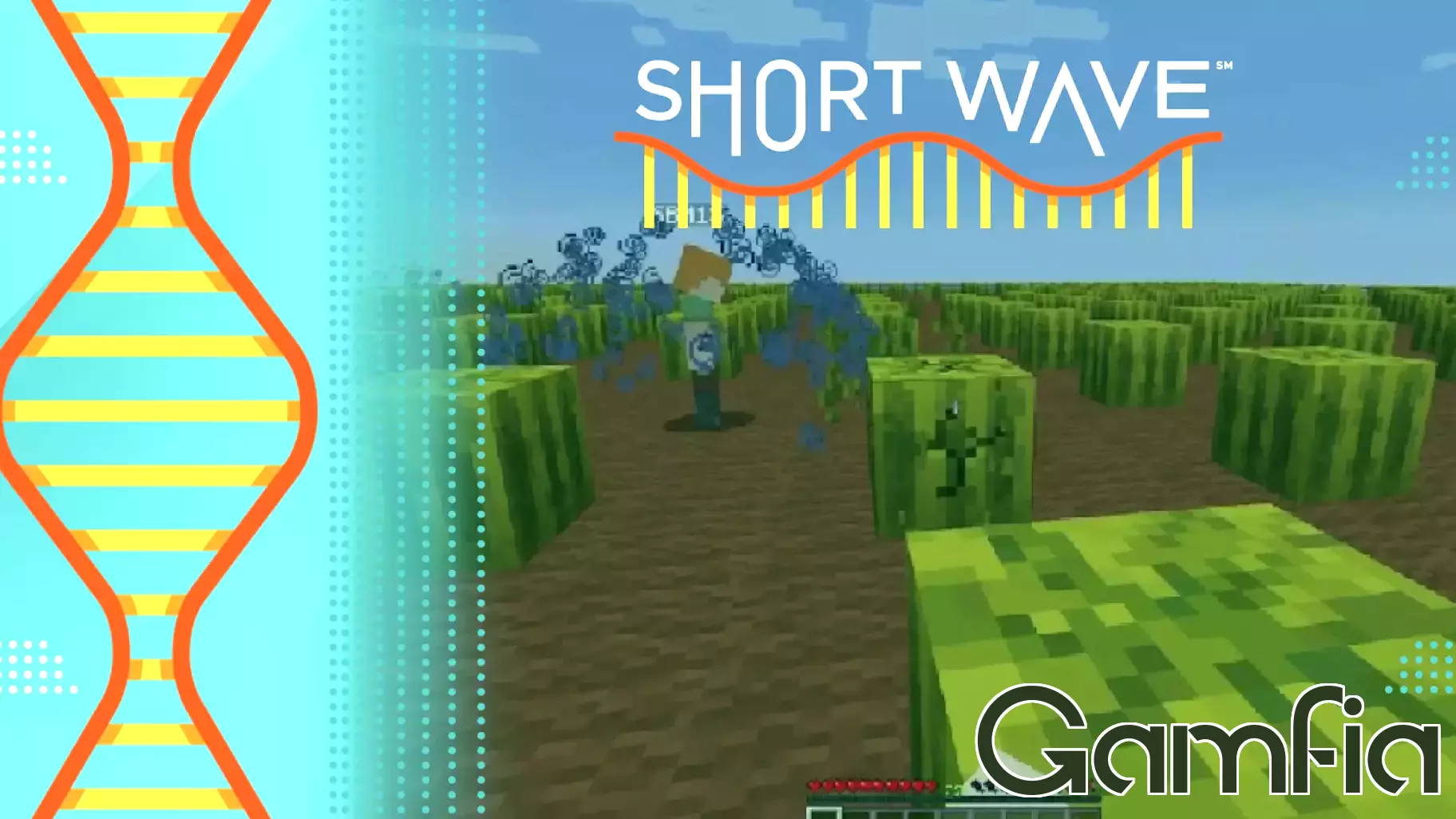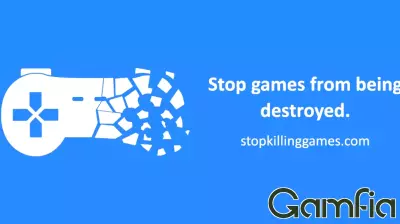Exploring Social Learning Through Minecraft Gameplay
May 2, 2025 - 06:56

Minecraft, the immensely popular video game known for its iconic block graphics and resource-gathering mechanics, has become a fascinating subject for cognitive research. A team led by cognitive scientist Charley Wu has leveraged the game's immersive environment to investigate how players learn both individually and socially. Their study reveals intriguing insights into player success, highlighting that those who excel in both personal skill development and collaborative strategies tend to perform the best.
The findings, published in the journal Nature Communications, emphasize the significance of social learning in gaming contexts. Players who engage in cooperative gameplay not only enhance their own skills but also contribute to the learning experiences of others. This research underscores the potential of video games like Minecraft as tools for understanding complex learning processes, suggesting that the dynamics of play can inform educational strategies and social interaction models. The implications of these findings extend beyond gaming, opening avenues for further exploration into how collaborative environments can foster effective learning.
MORE NEWS

February 24, 2026 - 18:31
Ambitious developer showcases slick triple-level Quake-like game stored in tiny 64KB executable — every game asset tucked inside what could be a ‘rounding error’ in modern app payload termsIn an era where game installations routinely demand tens or even hundreds of gigabytes, a striking technical demonstration flips modern development on its head. An ambitious developer has...

February 24, 2026 - 02:44
PS5 outsold Switch 2 in the US last month, as Black Ops 7 remained the best-selling gameThe PlayStation 5 secured the top spot in U.S. hardware sales for the month of January, according to the latest industry data. Sony`s console managed to outsell the newly launched Switch 2, which...
![New ‘Resident Evil 3’ Mod Announced, Aims to Restore Cut Content and Tweak Gameplay [Video]](/pictures/news/small/new-resident-evil-3-mod-announced-aims-to-restore-cut-content-and-tweak-gameplay-video.webp)
February 22, 2026 - 23:47
New ‘Resident Evil 3’ Mod Announced, Aims to Restore Cut Content and Tweak Gameplay [Video]A dedicated team of modders has announced a comprehensive new project aimed at addressing fan criticisms of the 2020 remake of Resident Evil 3 . The mod, which has been showcased in a new preview...

February 22, 2026 - 07:14
The Stop Killing Games campaign will set up NGOs in the EU and USThe Stop Killing Games campaign, a prominent player advocacy movement, is taking a significant step toward formalizing its structure by establishing non-governmental organizations (NGOs) in the...